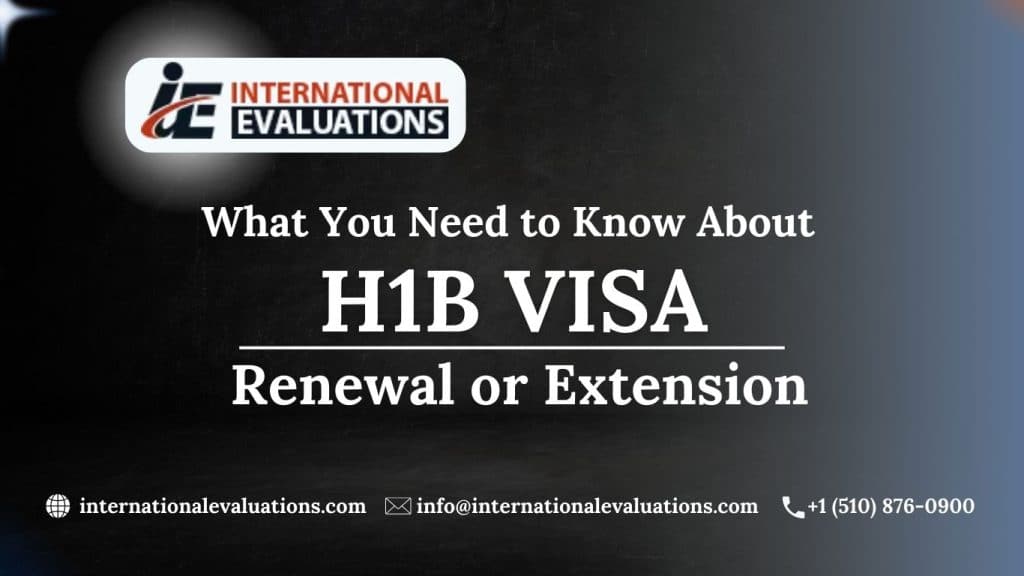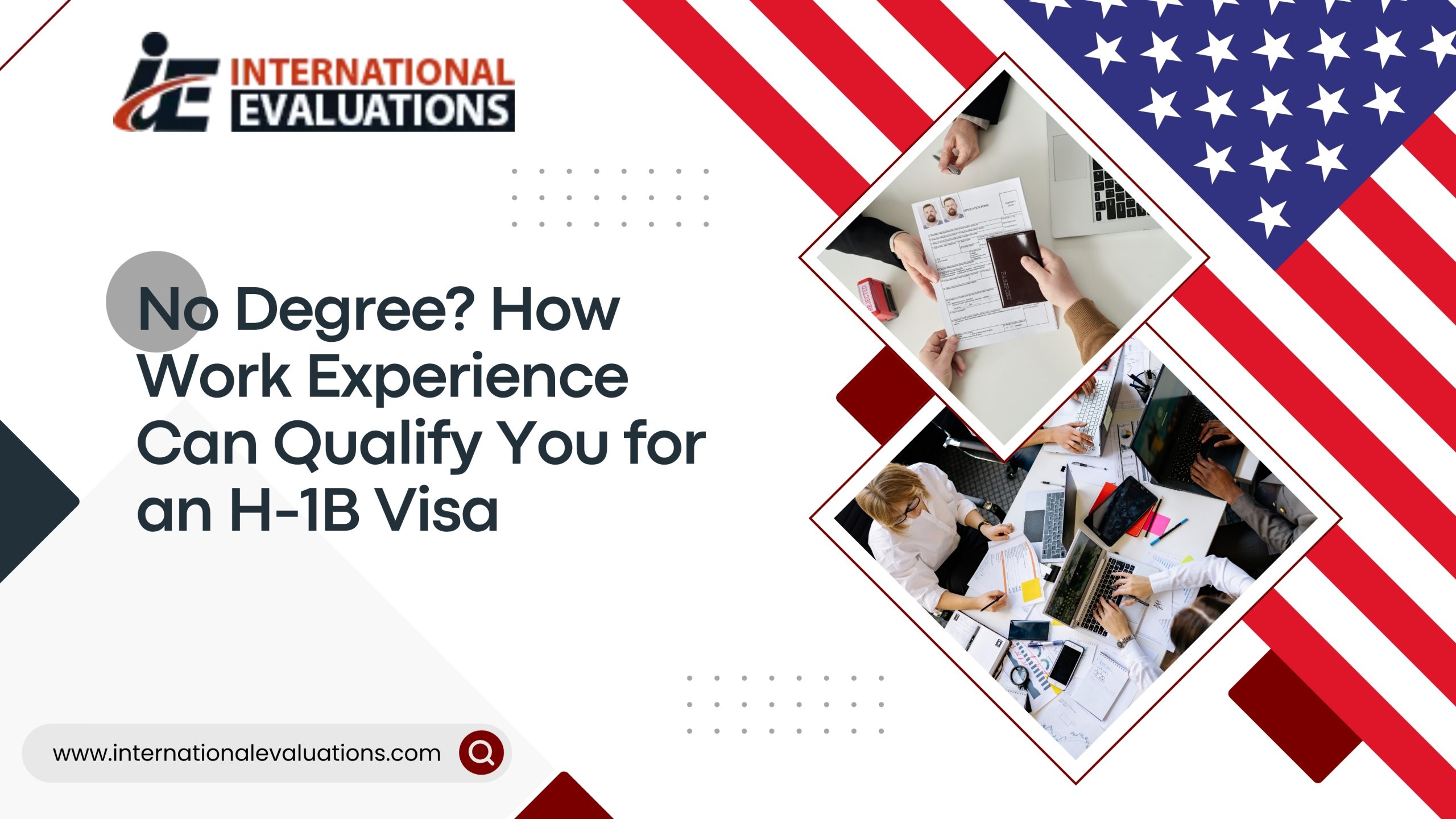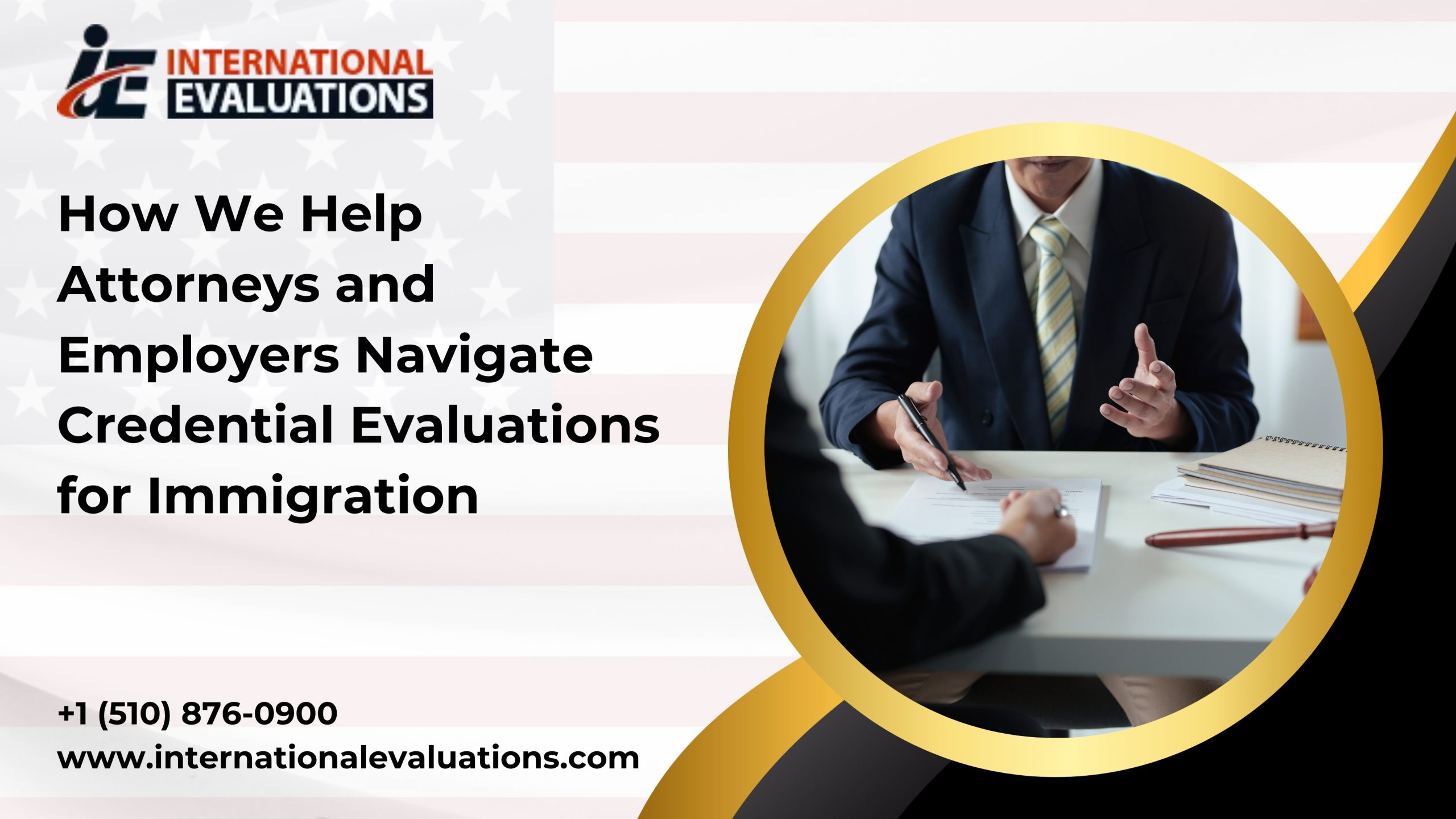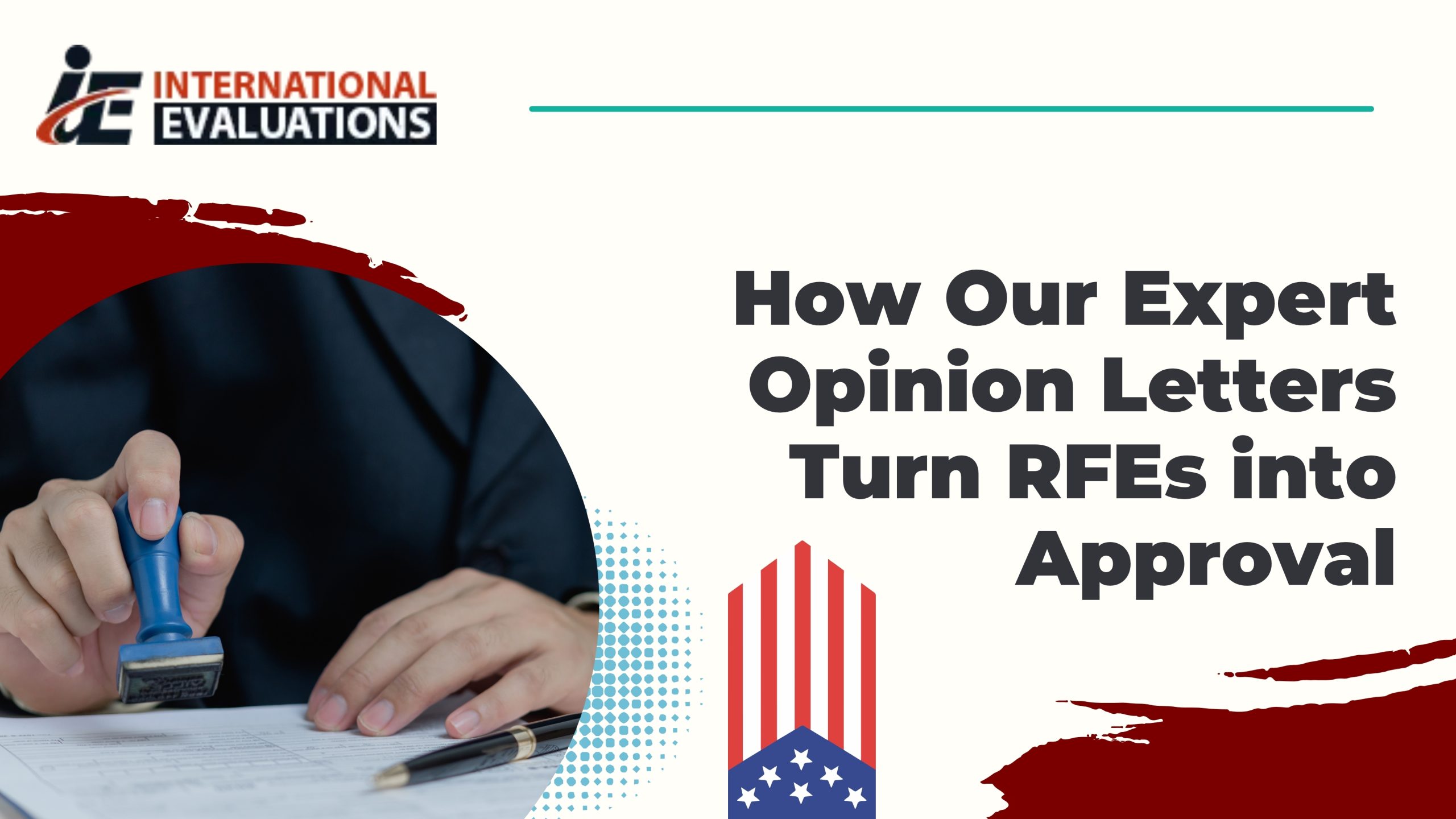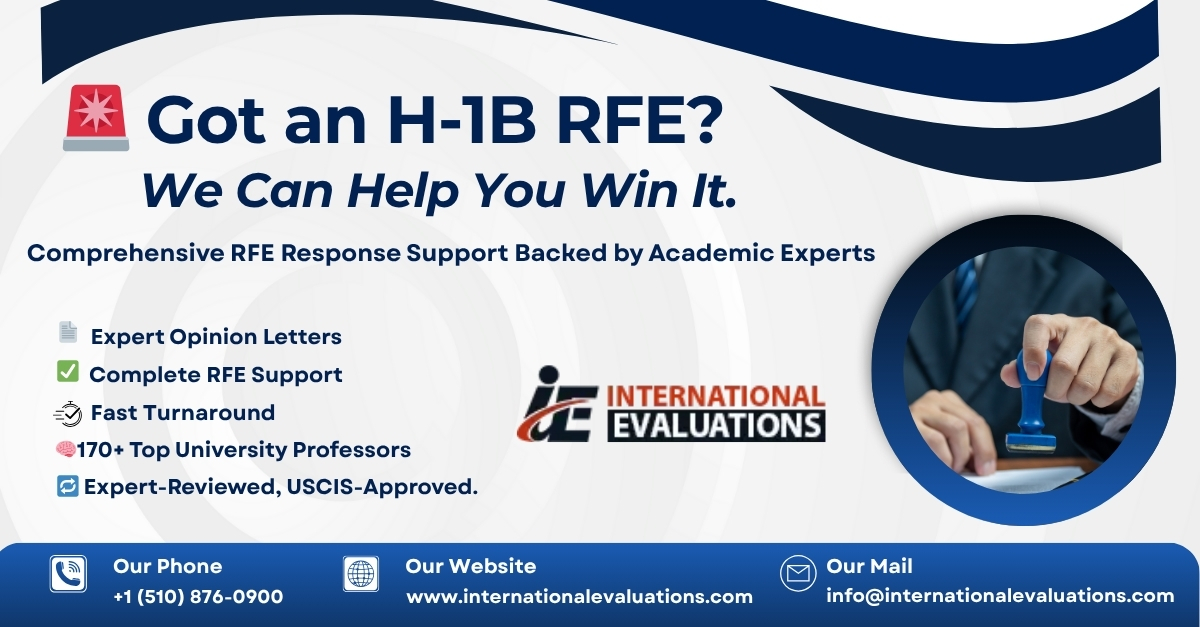The H1B visa is a non-immigrant visa that allows U.S. employers to hire foreign professionals in specialty occupations, typically requiring a bachelor’s degree or higher in specific fields like IT, engineering, finance, healthcare, or education. The visa provides an initial stay of up to three years, which can be extended to a maximum of six years, and skilled workers often use it to gain valuable career experience in the United States. The visa also offers a pathway for individuals to explore permanent residency options in the future.
If your H1B visa is about to expire, you’re probably asking questions like:
- “How do I renew my H1B visa?”
- “What’s the H1B visa extension processing time?”
- “Can I stay in the U.S. while waiting for my H1B extension?”
- “How much does an H1B visa extension cost?”
We understand these concerns can feel overwhelming. Let’s break it down into simple steps so you can navigate this process with confidence.
What is an H1B Visa Extension?
The authorities generally grant this visa for an initial period of three years, and they can extend it for another three years. When the initial term period is nearing an end, individuals under H1B can apply for an extension in order to stay in the US and continue working with minimal disruption.
Note that you can renew an extension provided you qualify for your initial H1B status. This means you need to be working for the same employer or start a new job as long as the proper filings are in place.
H1B Renewal vs. Extension: Is There a Difference?
People often use the terms interchangeably, but there is a slight difference between renewing an H1B and extending it.
- H1B Extension: An extension of your visa while staying within the six-year limit.
- H1B Renewal: A renewal involves renewal and getting beyond the six-year limit on H1B status, especially after spending at least one year outside the U.S. or when the individual starts the Green Card process.
H1B Renewal and Extension Processing Time
The most frequent question from applicants is regarding H1B renewal processing time or H1B extension processing time.
- Regular Processing: It takes 3 to 6 months in regular processing.
- Premium Processing: Gives the timeline a head start to 15 calendar days, but with extra fees.
Other factors that might affect the processing time include USCIS workload, the accuracy of your application, and any Requests for Evidence, if necessary.
You would therefore need a complete and accurate application to reduce unnecessary delays.
H1B Visa Extension Fees: Expectations
The cost of an H1B visa extension in the US largely depends on the employer and the type of extension you are seeking. The standard fees include:
- Filing Fee: $460 (Form I-129)
- Fraud Prevention and Detection Fee: $500 (for first-time petition and some changes/extension)
- Optional Premium Processing Fee: $2,500
What Documents Do You Need for an H1B Visa Extension?
You will need to collect a list of important documents for filing an extension, including the following:
Current H1B approval notice (Form I-797)
- A photocopy of your passport; making sure it is valid for the extension period requested.
- Recent pay stubs and tax documents.
- Employment verification letter mentioning your job description and salary details.
- Degree certificates, along with the evaluation report, if available.
International workers will need their educational credentials evaluated. Helpful credential evaluation ensures that your qualifications meet all the standards needed when applying for an H1B visa. Therefore, it’s a critical part of your case.
Tips for a Smooth H1B Extension Process
- Plan in Advance: Do not delay. It is best to start preparing your documents and application at least six months before your visa actually expires.
- Stay Consistent: Be consistent in your job title, salary, and responsibilities to that of your original H1B petition. Any significant alteration may necessitate an amendment.
- Seek Professional Guidance: Whether its credential evaluation or navigating the red tape of USCIS requirements, seek guidance on what to avoid and common pitfalls.
- Stay Informed: Processing times and fee structures may change, so continue to watch for updates from USCIS.
What happens to my H1B status after I file an extension?
If you have filed your application, you can continue working with your current H1B status for up to 240 days while awaiting a decision. This is to cause minimal interruption to employment; however, keeping your employer aware of the situation and monitoring the status of your application is key.
Accrediting Your Visa Application with Credential Evaluation
Through the H1B process, credential evaluation is an essential step toward validating the overall credibility of your qualification. For those earning degrees from abroad, it establishes that your acquired education meets U.S. expectations.
Correct and on-time evaluations when applying for an initial H1B or an extension help build more persuasive applications while showcasing expertise in their field.
When is an Evaluation Required for H1B Visa Renewal?
Changes in Job Role or Employer
When you must transfer within a company and your duties have changed appreciably or there is a change of employer during the H1B extension process, you may require an evaluation to verify that your education credentials meet the requirements of the new position. That way, you are still working in a “specialty occupation,” an H1B visa requirement.
Your Education Was Attained at a Foreign Institution
If you had earned your degree outside of the United States, you may be asked to provide a credential evaluation to prove that the foreign degree is equal to the equivalent needed U.S. degree for your specialty occupation. This ensures that your credentials meet the standard requirements of the H1B visa.
Change in Educational Credentials
Whether you obtained further qualifications after your initial H1B approval, updated qualifications could be necessary to show the new qualifications and their applicability to the H1B job you are engaged in currently.
Renewal post multiple extensions or long gap
If it has been some time since your H1B visa was renewed-for example, if there is a gap in employment—it might require an evaluation to determine whether you still possess the qualifications necessary to fulfill the role you are currently working in.
USCIS Requests for Additional Documentation
In some cases, during the H1B renewal process, USCIS may request additional documentation to verify your qualifications. In such cases, you may need to request an evaluation to prove that your educational background meets the criteria for your visa extension.
How Can International Evaluations Help in the H1B Visa Renewal Process?
International Evaluations can help at every step in providing you with precise credential evaluation so that your foreign education fits into US standards. This is the way we can help in the process:
- Complete Credential Evaluation: We will assess your educational qualifications and provide a detailed evaluation report to show that your degree matches up for H1B visa demands.
- Certified Translation Services: If your educational documents are in a foreign language, we would be able to provide you with certified translation services for ensuring compliance with USCIS requirements.
- Provide Advice: In case of change in your job role, employer, or qualifications, we would even guide you about whether you might need an updated evaluation or not.
In conclusion,
while H1B visa renewal generally doesn’t require a new evaluation, it’s essential to stay proactive. If your application involves changing your job role, employer, or qualifications, you may need a credential evaluation to ensure a smooth renewal process.
